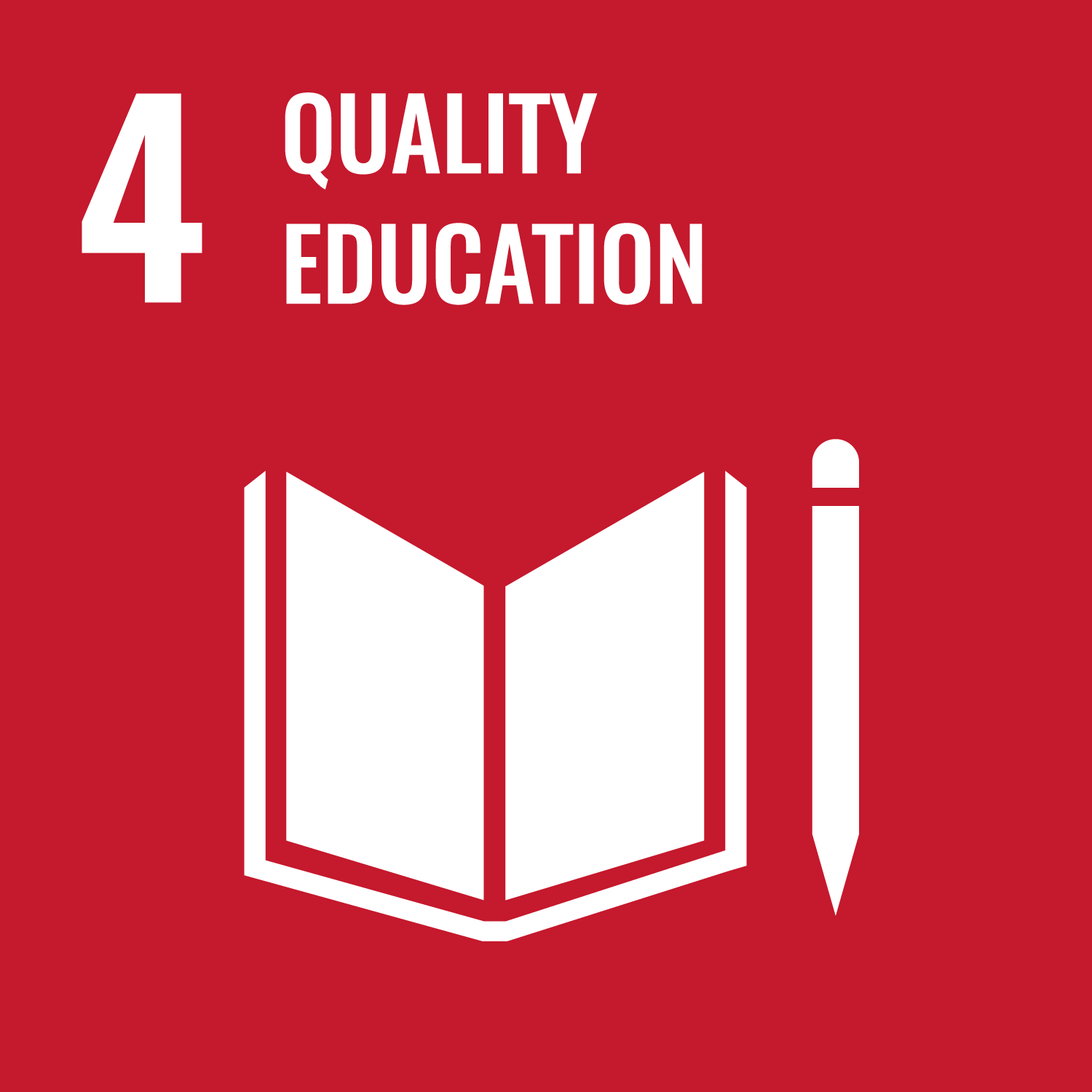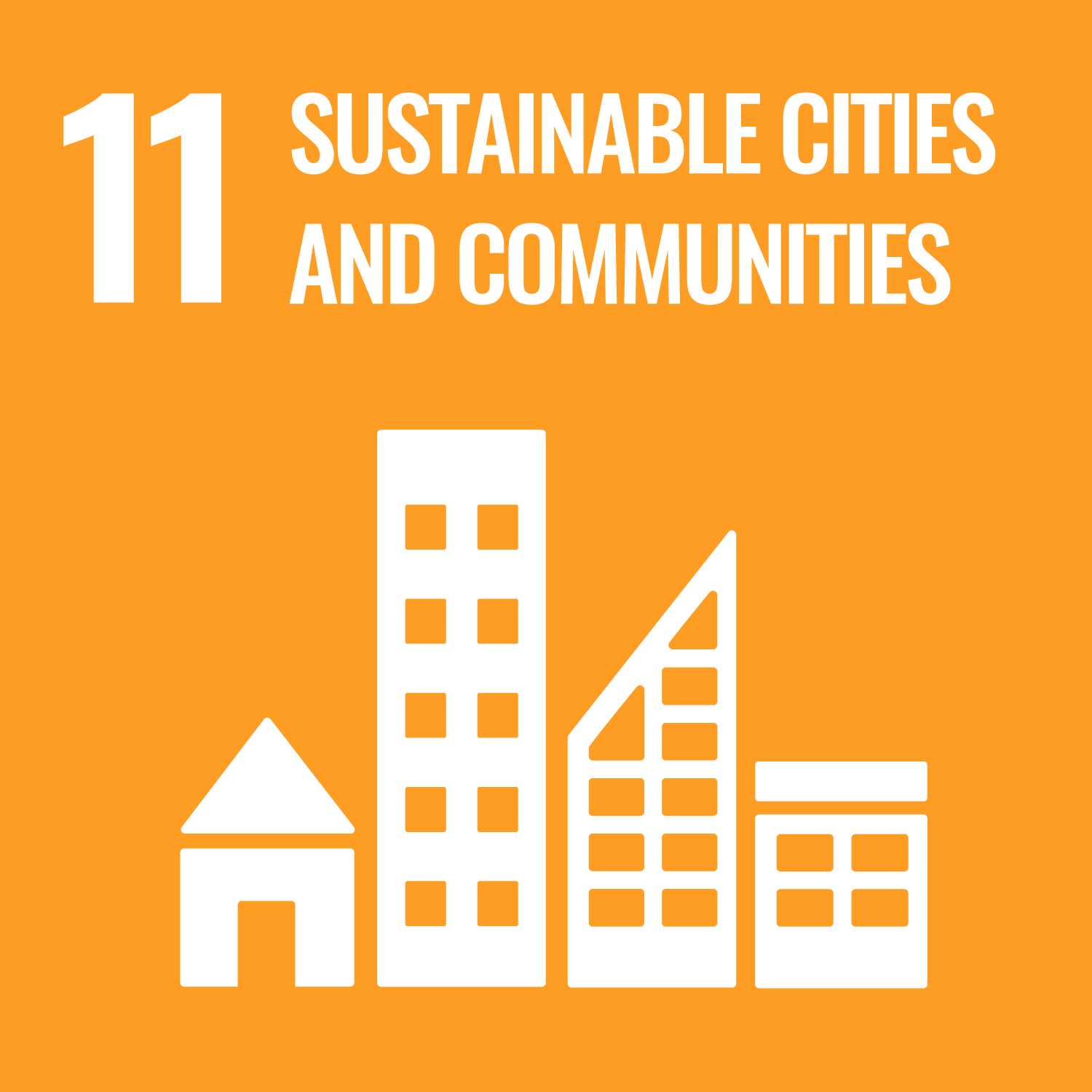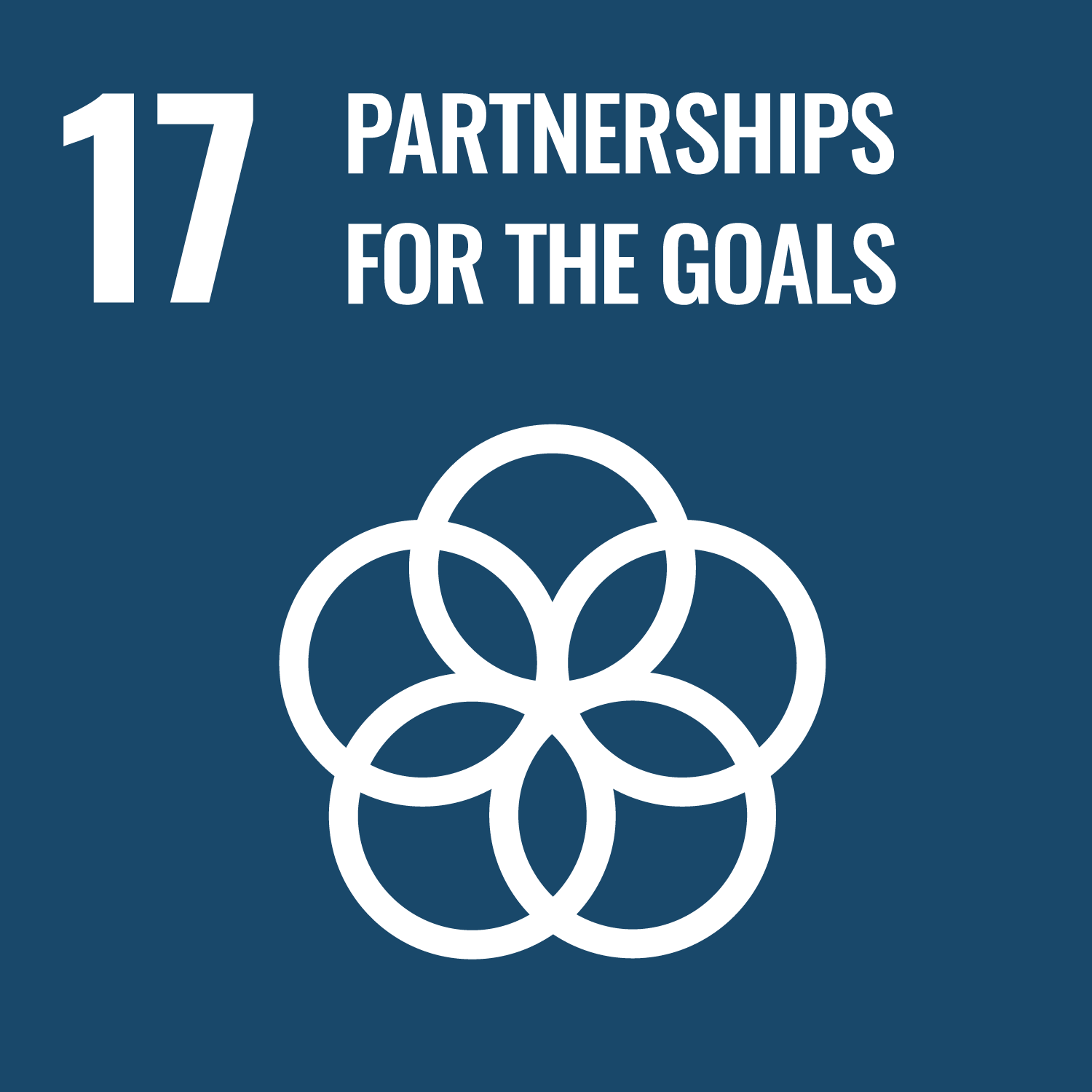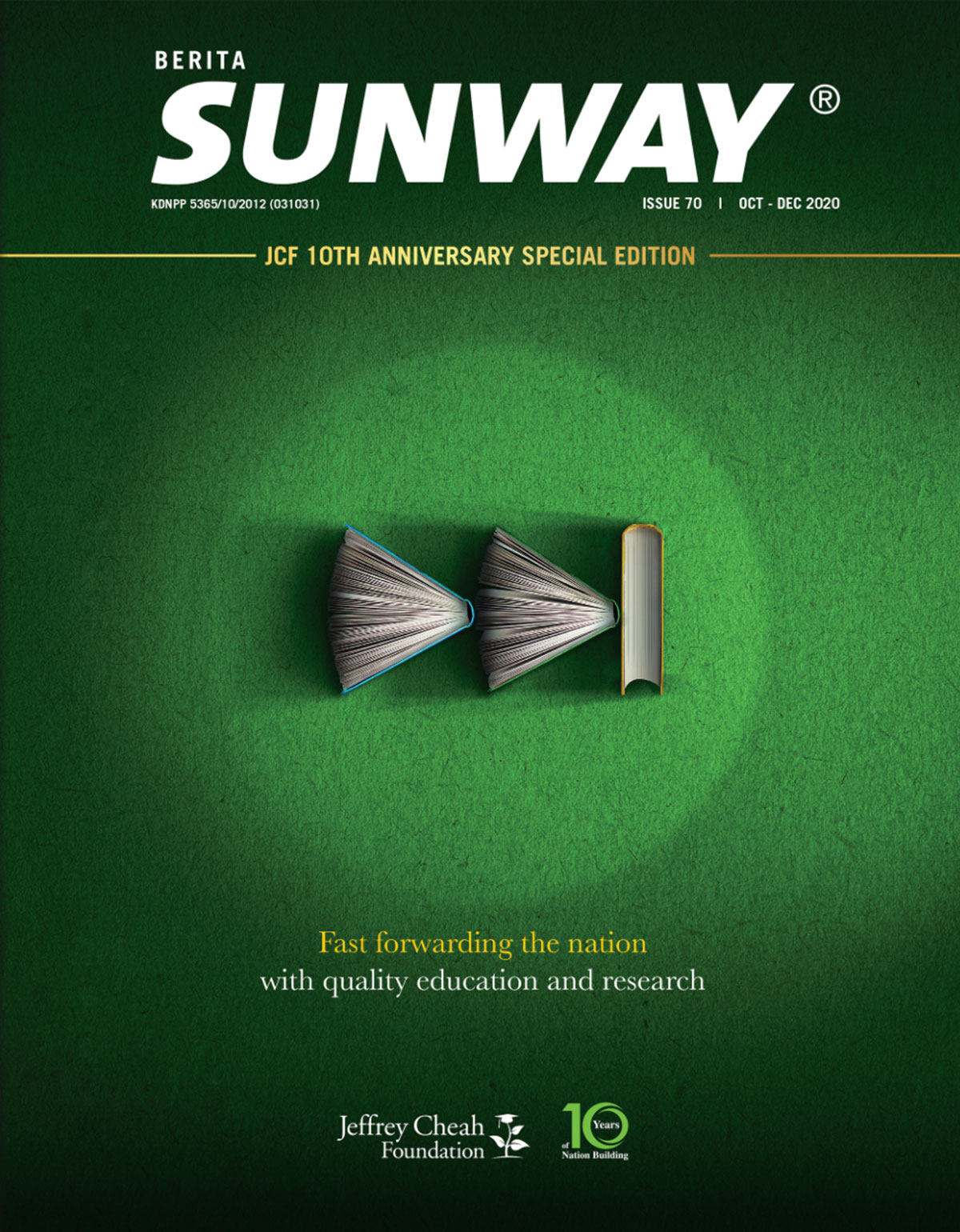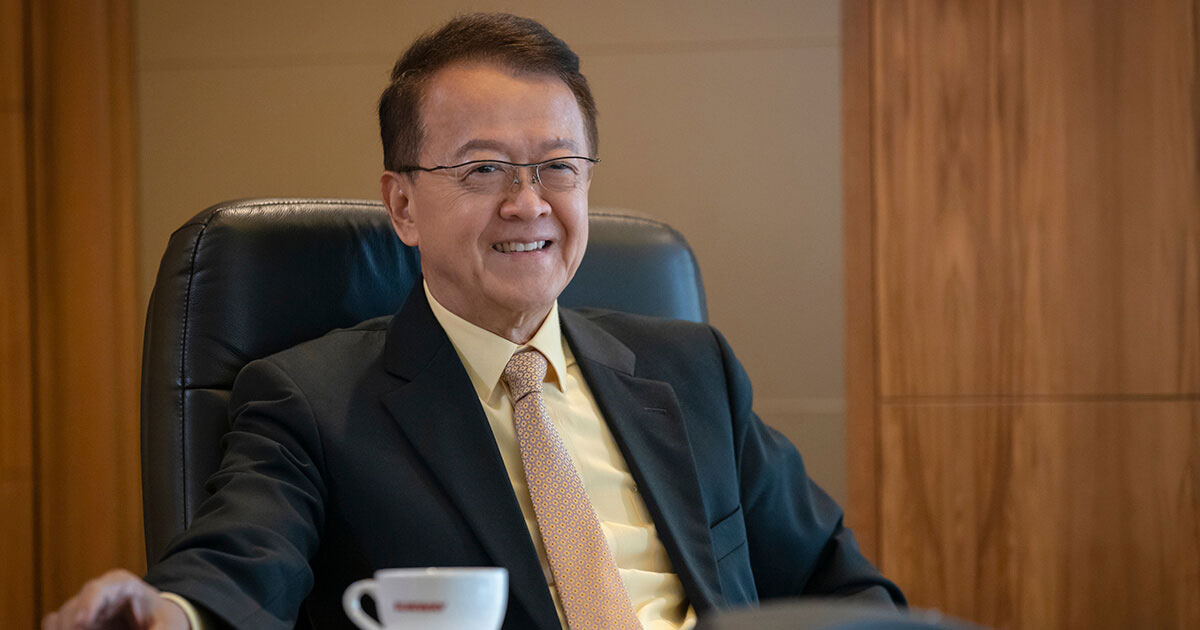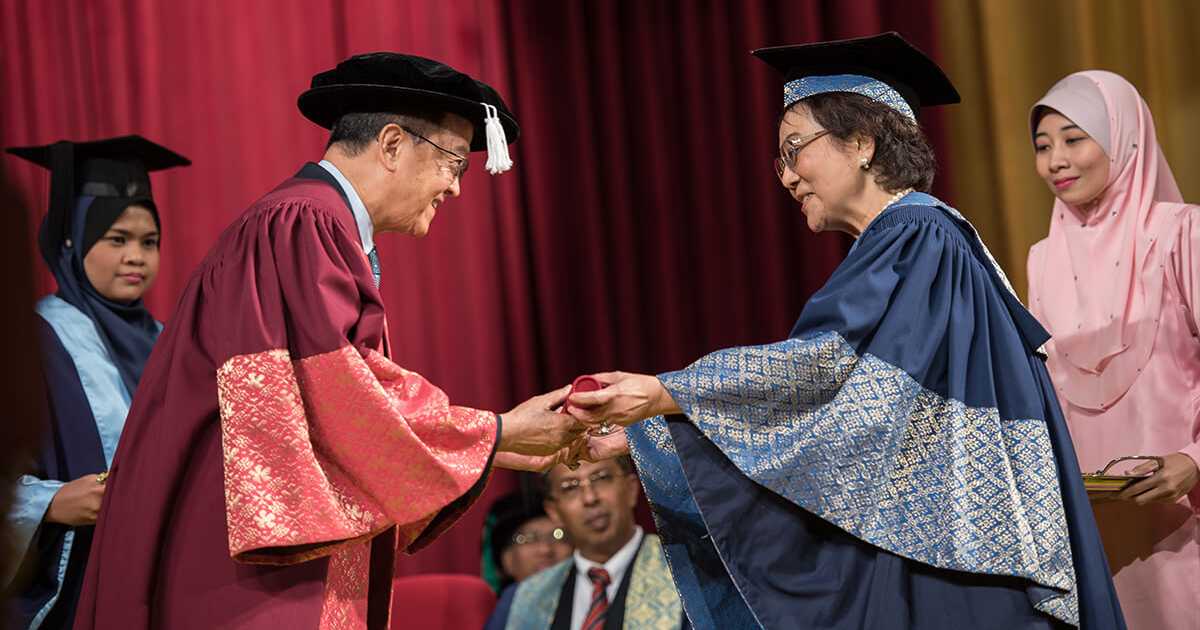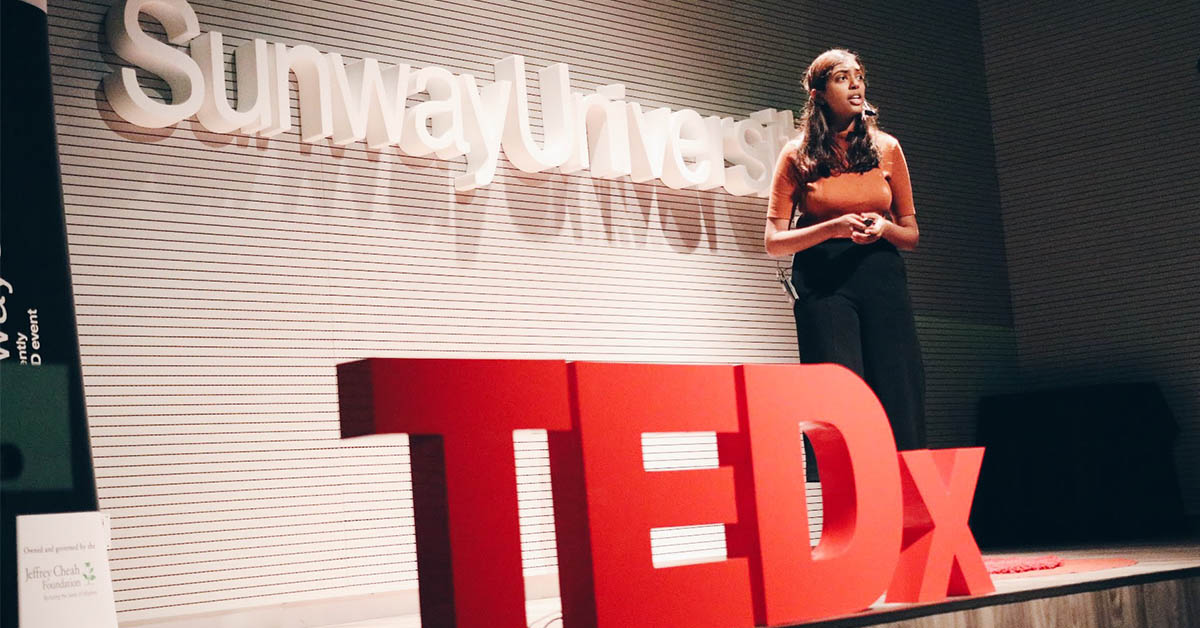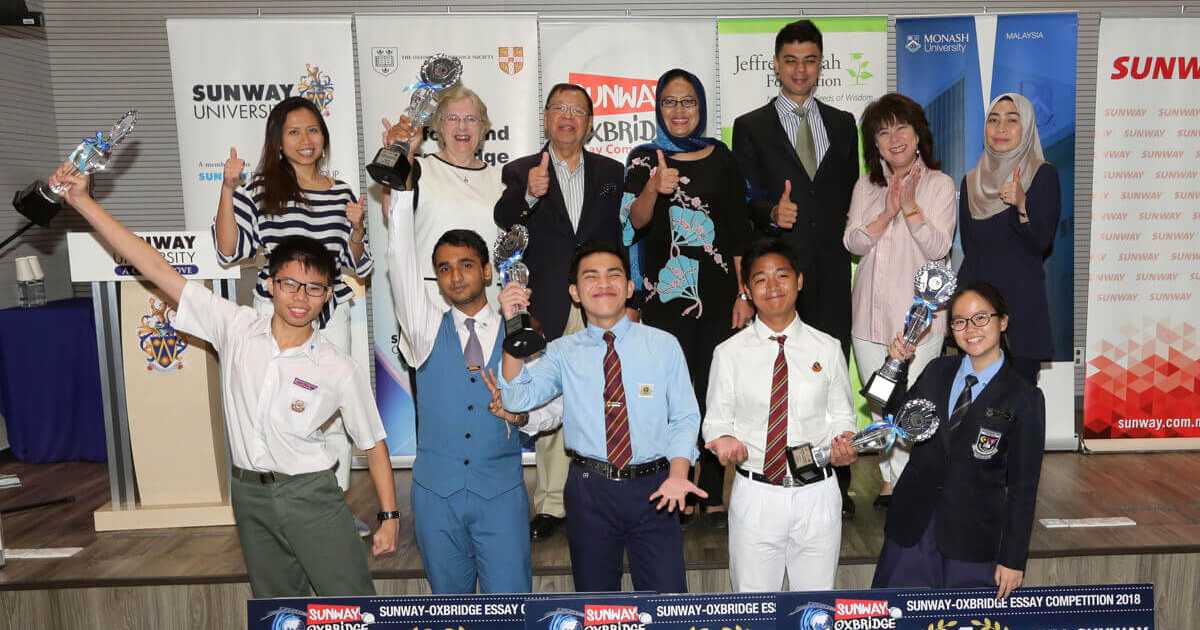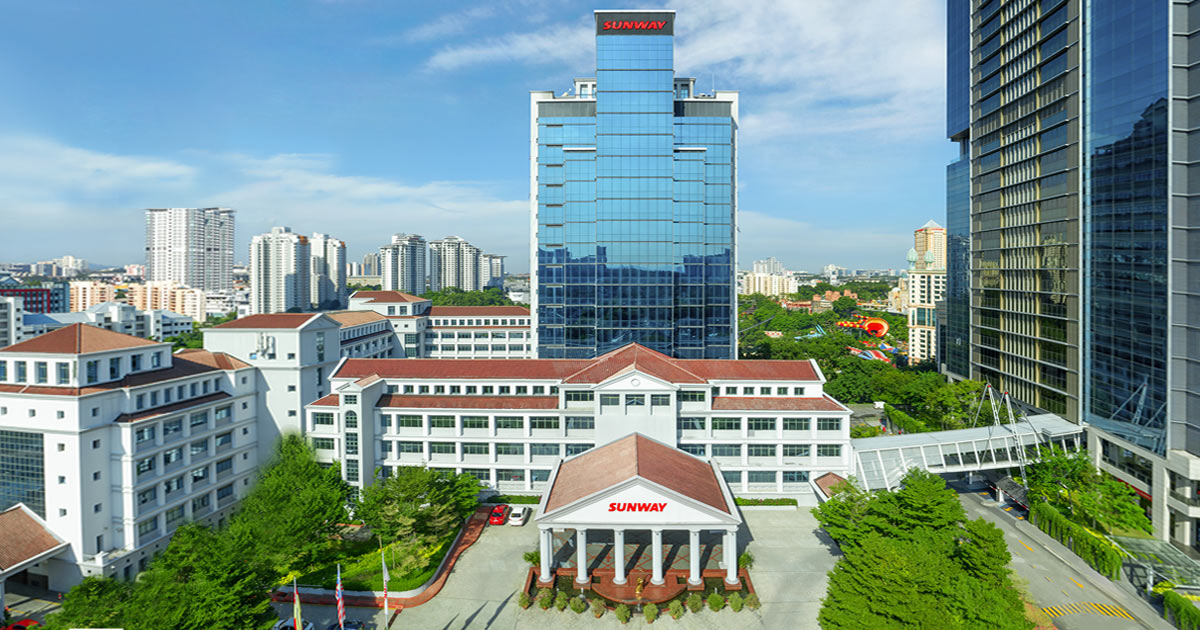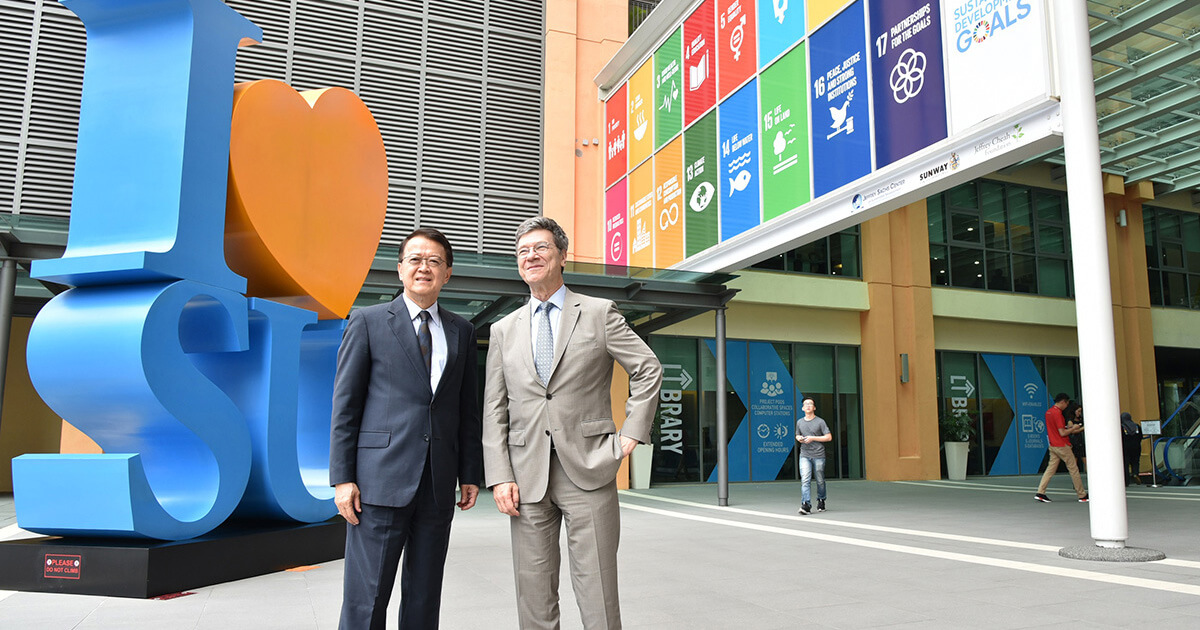Nation Building 10 Years On
It all started in July 1987. Sunway College – a higher-education facility with an impressive extension of 24 acres – rose adjacent to the Sunway Lagoon theme park. It formed part of the focal point of a wider development of a sustainable township, Sunway City Kuala Lumpur, where the region’s gritty past now rest. Once home to nothing but a mess of mining pools, the land used to be called “barren” and “hideous”. But academic tinkering – among other forms of urban planning – perked it up, and today it is a reminder of the way the landscape is perpetually smoothing its sharp edges.
In fact, the importance of education has been a fervent belief of Tan Sri Sir Jeffrey Cheah. To the rest of us, education matters for the most profound reasons. It is one of the few national institutions through which we can build a world in which we are more equal, the planet can be sustained, and our democracy gives us real and meaningful choices. Being educated gives us the faculties to think, create and be critical, and imagine better worlds. To the mastermind behind Sunway, however, the reason hits very close to his heart.
Tan Sri Sir Jeffrey Cheah grew up in the small town of Pusing, Perak. There, he witnessed first-hand the impact of poverty on families and how it closed off avenues for advancement, particularly in education for the children. Sharing an uncannily similar historical narrative as that of Sunway City Kuala Lumpur, Pusing was largely a tin-mining town too. “You could not fail to notice the ugly scars on the landscape left by disused mining pools after being mined out by the British. Poverty and environmental damage are not abstract concepts for me, but part of my personal experience. They helped form my convictions that education provided the best route out of poverty and misery, that we needed to heal a bleeding Mother Earth,” he earnestly shared.
These are memories Tan Sri Sir Jeffrey Cheah is desperate not to forget. And his life has, in many ways, ordered itself around these early encounters in his formative years. The man’s delicate but hawklike observations show a brokenness that was left in the wake of folly and time. Subsequently, the visionary man also shows the world how it can pick its way through that detritus: by weaving sustainability and education into the very DNA of his conglomerate and philanthropic endeavours.
Fast-forward three decades later to today, Sunway Group’s first educational venture, Sunway College, has grown more than just a little. Now part of the Sunway Education Group which comprises a total of 16 institutions and entities, it is owned and governed by the Jeffrey Cheah Foundation (JCF), Malaysia’s largest education-focused social enterprise, in which Tan Sri Sir Jeffrey Cheah himself plays both the founder and the trustee.
JCF’s philanthropic efforts are notably comprehensive, to say the least. In line with the foundation’s commitment to champion quality education and to advance knowledge, they range from advocacy and scholarship distribution to forging scholarly ties with world-renowned institutions – the latter of which has firmly cemented JCF as a voice of authority in the local tertiary education in the course of years. The said institutions include names that often take the top spots in annual world university rankings such as University of Cambridge, University of Oxford and Harvard University as well as University California, Berkeley and the MIT in Boston. Other than developing articulations for twinning programmes that offers students learning opportunities at these elite campuses, some of the collaborations also set forth research and development projects specifically in the area of sustainability. As of this year, the foundation has disbursed more than RM538 million in scholarships. Tan Sri Sir Jeffrey Cheah’s personal goal is to award more than RM1 billion worth of scholarships in his lifetime.
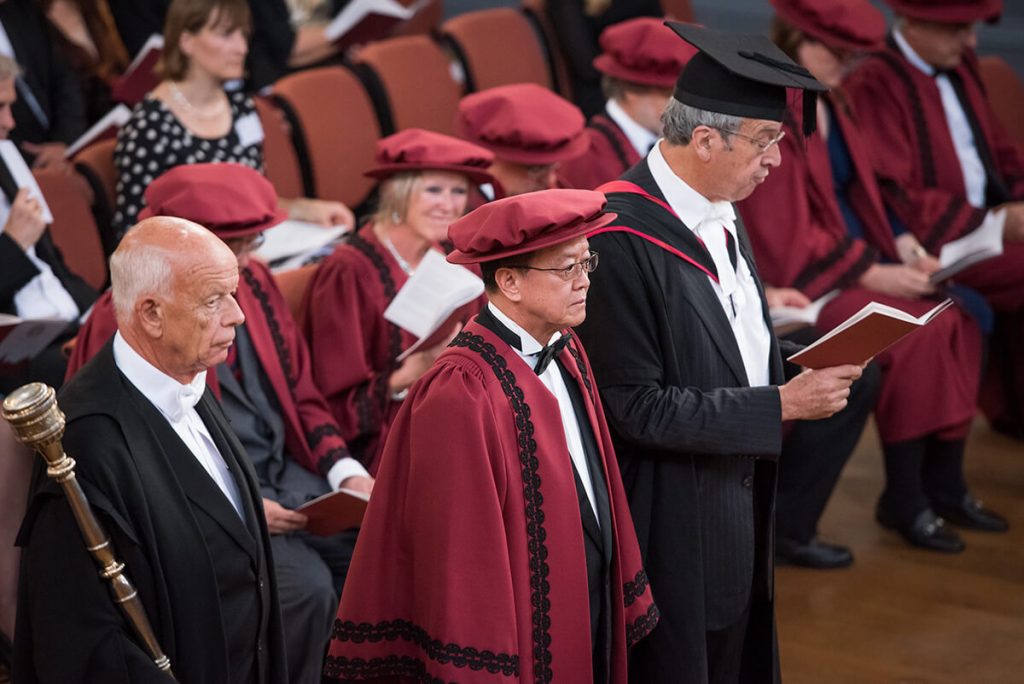
Tan Sri Sir Jeffrey Cheah’s admission to the Chancellor’s Court by the Oxford Chancellor, Lord Patten CH, PC
The JCF has actively helped push educational reformation to the front of the progressive conversation. In a broad view, JCF is envisaged to give back to society; to prepare the underserved communities and to give an avenue to those whose deck is stacked against them a chute out of poverty and a chance for success by making quality education accessible.
Looking deeper, this also means that the foundation is set to constantly interrogate the system that was supposed to steward the next generation, find out what is amiss and then make a bid for control or – at least – to fill the gap. It advocates a new kind of giving, a form of charity that is not just charity but something more pragmatic and, at the same time, more ambitious: a giving aimed at improving the general condition of the people and our nation. How radically these efforts might change one’s life.
He has the passionate mien – speaking affably, calling figures and events frictionlessly to mind, swerving purposefully between the visionary blueprint and the guiding ideals of the JCF.
But not everyone shared in his passion for educational philanthropy from the very start. “For the first 10 years after I set up Sunway College, it was loss making. Not that I was looking for profits. I just wanted it to be sustainable. Even my senior managers advised me to get out of the sector because the losses were hurting our company then,” Tan Sri Sir Jeffrey Cheah was unreserved when opening up about the foundation’s early struggles and setbacks. “But I stayed the course. I believed that in setting up the college and admitting students, I had made a promise to our children and it was a pledge I was determined to keep.”
The resolution in Tan Sri Sir Jeffrey Cheah’s tone was hard to miss. And, fortunately, for the many deserving individuals who would later benefit from his initiatives, his perseverance paid off. Tan Sri Sir Jeffrey Cheah recalled a time years later when investment bankers tried to convince him to list Sunway’s education arm, estimating that a public listing would be worth several billion Ringgit. “It was tempting. I am a businessman, after all,” he conceded. But the man finally turned down what would have been a lucrative proposition, choosing to stand by his convictions that education should always remain a not-for-profit venture. As though to prove a point, he went on to initiate the Sunway Education Trust Fund in 1997, which paved the way for the formation of the JCF 13 years later. And this time, Tan Sri Sir Jeffrey Cheah gifted all his equity – worth billions – to Sunway Education Group. Operating surpluses are ploughed back into the institutions or disbursed as scholarships, research grants and expansion of faculty and facilities to ensure quality education in perpetuity, perfectly in line with the guiding principles of JCF.
Compared to other philanthropic and nonprofit organisations with similar ambitions, this no doubt confers the foundation a rare freedom and boldness to widen the net of its influence: it is beholden to no one, neither consumers, donors nor voters. The foundation is saved from tremendous funding pressure that even the most innovative foundations would face. However, though eponymous, JCF is closely governed and bolstered by an independent board of highly distinguished trustees under the patronage of His Royal Highness the Sultan of Selangor. Highly motivated, these individuals alongside Tan Sri Sir Jeffrey Cheah form part of a vanguard that maintains the transparency and accountability of JCF, across its operations, decision-making as well as the issues it is seeking to affect.
Thus far, the plans that JCF has outlined to promote solutions to national problems all echo the approach of the United Nations, specifically the 17 Sustainable Development Goals adopted in 2015. Part of the initiative saw JCF establishing a global partnership with the international organisation through a potent combination of grant-making and active advocacy. In 2016, JCF endowed 10 million USD to the UN to establish the Jeffrey Sachs Center on Sustainable Development at Sunway University. Helmed by Professor Jeffrey David Sachs, the special advisor to the UN Secretary-General on sustainable development, the hub is designed to leverage his expertise by prioritising sustainability in its funding and policies, and by improving its research and evaluation-gathering capacity in this region. Education-wise, development of world-class programmes are in the pipeline to mould a new generation of students, practitioners and policy leaders. Major Malaysian and international universities will be roped in as well in joint problem-solving around the Sustainable Development Goals.
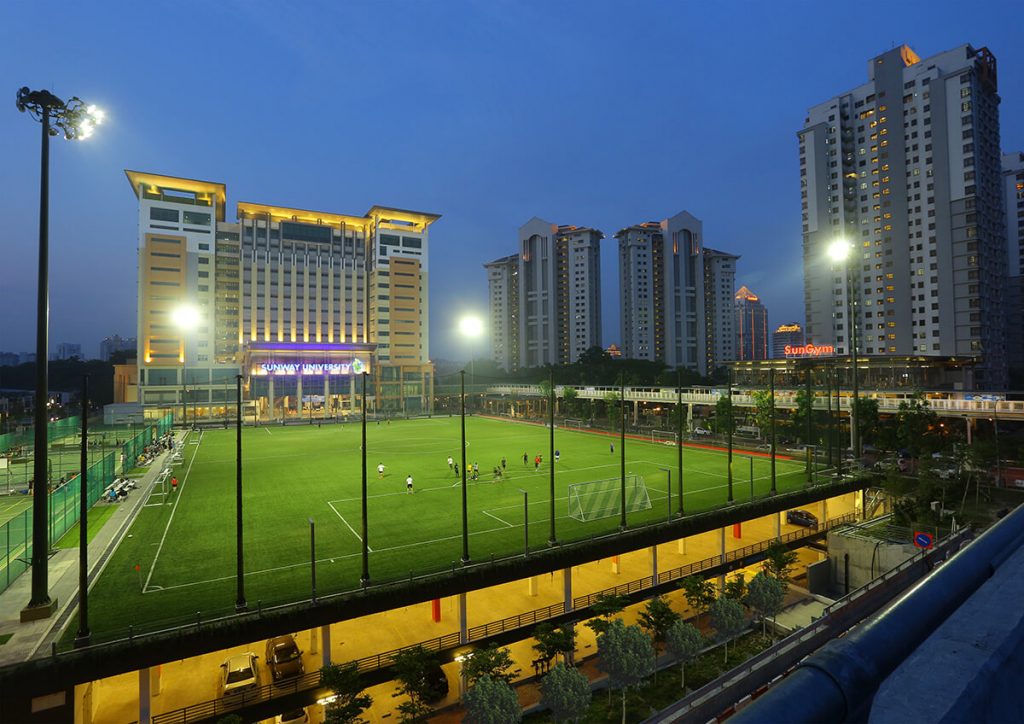
Sunway University’s campus boasts a FIFA-certified football field, a library with a Harvard collection, state-of-the-art auditoriums and more
Speaking of his pledge to turn profits into charity funds, Tan Sri Sir Jeffrey Cheah assured us that there were no regrets. “When students thank me personally for making their education possible, well, that feeling is priceless.” His face brightened up as he launched into tangents about the many young lives that JCF has impacted, looking a little like a horticulturalist recalling his prize pack of seeds.
It may not be easy to calculate the exact number of students that have benefitted through the JCF – there are simply too many. But one thing is certain: Those under the shepherding of the JCF are not only being prepared academically, but they are also being made to understand anew what good characters should be.
Tan Sri Sir Jeffrey Cheah and the entire JCF team clearly have strong opinions about what they want to see changed in the educational front. And they also have a work ethic to beat the band. After all, they could not advise the young men and women in good conscience if they are not living the values. The foundation sees it as pivotal to illustrate the values that might be useful in succeeding in life through the testimonies of their own lives, as much as in the curricular experiences they offer. Academic excellence aside, higher education institutions have the power and responsibility to hone the responses and decisions of these young adults when they leave the microcosm of the campuses into the wider world. This is a life-altering investment.
At its core, JCF has always believed that a corporation must define a purpose beyond just profits if it is to lever a wider change. And that begins with forging authentic, trusting relationships at the centre. JCF acknowledges history and local context, creating programmes that are tightly bound into the national dynamic. They walk their talk, moving beyond radical theory to radical practice. Inadvertently, the foundation has set a paradigm-shifting narrative for its peers.
Though the message is not always overtly articulated but, if one thinks about it, it has always been built into the whole fabric of the foundation: that the only philanthropy worth engaging in – both ethically and strategically speaking – is the kind that honours the wisdom of relationships and the power of money. It explains why JCF has never lost the emotional resonance that gives it power even after a decade since its inception.
Entering into its 10th anniversary this year, JCF has clearly acclimated to being a fixture on the local philanthropic circuit. But it also marks the time for JCF to finally usher in its next chapter. We have reached a society that is either too loud or too divisive (or both). Now, more than ever, JCF’s work – whether in shaping the voice of the next generation, or enhancing Malaysia’s credentials as a regional hub of excellence in education and sustainability – is vital.
We are all embedded within systems, but each life – each student – is an unrepeatable anecdote. The lasting beauty of JCF is that it gives a hope of revival through education to those who need it most. Tan Sri Sir Jeffrey Cheah revealed that his long term ambition is “to make Sunway University the Harvard or Cambridge of the East.”
“I am aware this is unlikely to be realised in my lifetime but what I am doing is laying the foundation for those who follow me to complete the task. Slowly, but surely, we will get there.”
We do not doubt that. And quite likely, many will follow suit as JCF offers our nation and the rest of the world a roadmap for where we need to go next.
This article first appeared in Berita Sunway Issue 70











